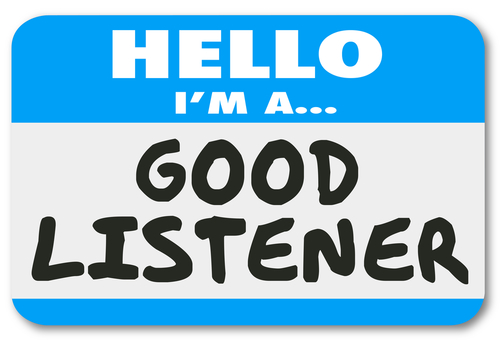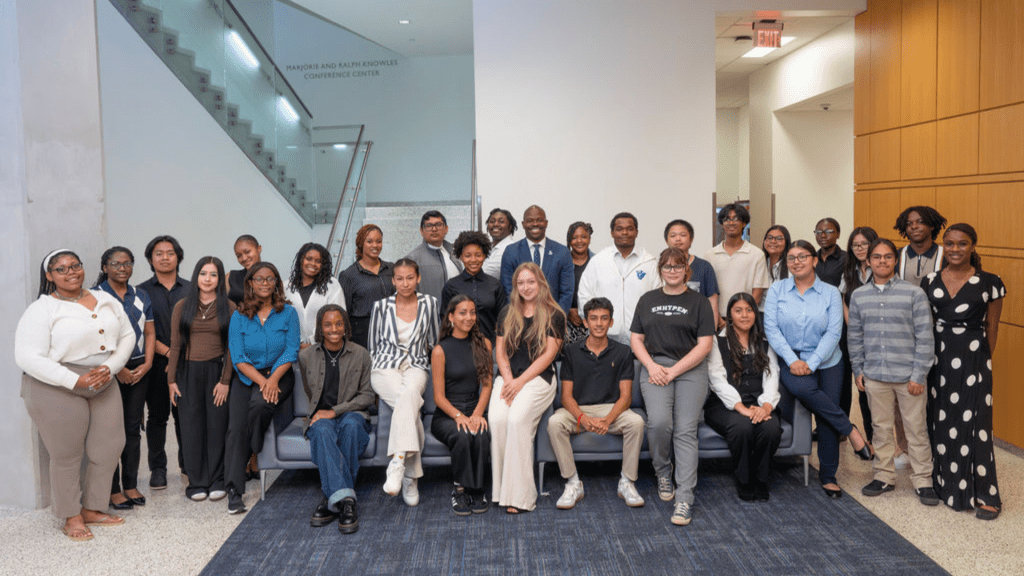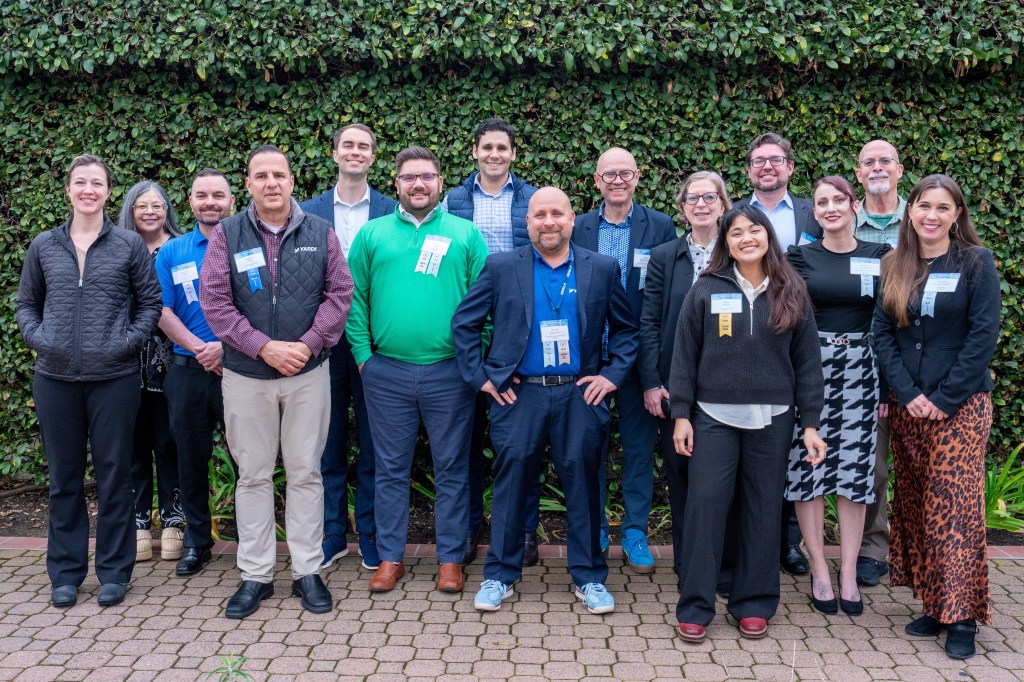By Erica Rascón on October 30, 2014 in News
Reducing turnover (and loss of revenue) requires multiple factors working  together in harmony, such as a great location, beautiful homes and amenities, and a maintenance crew that is always on point. But perhaps most importantly, the relationship that renters build with the onsite staff can make or break a lease renewal. Fortunately for onsite staff, developing good social skills won’t require an additional line in the budget and it can make a world of difference for retention.
together in harmony, such as a great location, beautiful homes and amenities, and a maintenance crew that is always on point. But perhaps most importantly, the relationship that renters build with the onsite staff can make or break a lease renewal. Fortunately for onsite staff, developing good social skills won’t require an additional line in the budget and it can make a world of difference for retention.
Let’s take a look at three points that can improve relationships between staff and residents, leading to happier days and longer stays.
Visual Connection
It’s a basic social convention that many of us avoid for one reason or another but eye contact is a skill that will take you far in multi-family services.
Eye contact is vital for successful during face-to-face communication, whether you are the listener or the speaker. Studies show that listeners are more likely to trust what you say and have confidence in your abilities when you visually connect with them.
As you listen, eye contact becomes equally important. When you fail to make eye contact with your residents, you risk conveying:
- A lack of interest in the speaker: “I’m too busy to pay attention to you.”
- A lack of interest in the matter at hand: “Oh look… a squirrel is outside.”
- Dishonesty: “I can’t look him in the eyes while I try to wiggle out of this.”
- Dominance: “You’re unworthy of my attention.”
A lack of eye contact can put a resident in defensive mode, offended by your nonverbal cues and ready to counterattack. This can quickly turn a simple complaint or concern into an argument. The resident will be harder to please and more likely to express aggression on review boards and social media. While eye-contact alone won’t solve problems, it can help you avoid them.
Engaged Listening
Since you will want to make eye contact while listening, it’s important that you’re actually listening. A blank stare is a dead giveaway that you’re making a grocery list in your head rather than paying attention. Engaged listening—hearing, processing, and responding appropriately—builds confidence and empathy during conversation.
Aubrey Fakalata, Resident Manager at Burbank Housing, a Yardi client, has noticed that listening and handling resident concerns plays a crucial role in resident retention. “For me, in order to make my job successful and smooth throughout the day, it’s just listening to the residents, listening to their complaints, listening to the good and the bad, and doing something about it. And interacting with residents just to make them feel like they’re being listened to. They’re an actual person,” she says. “I know some residents tell me, ‘You know, you’re the only person that I can talk to,’ or ‘I can’t go to anybody else because nobody else will listen.’ If you listen to your residents, they will respond and respect their housing and take care of their house. They want to be there.”
Accountability
When residents come to you with an issue, try to address their concerns without passing the responsibility on to someone else. Remember: your renters are not a distraction. They’re your business! When you see a resident through his or her concerns from start to finish, you build a relationship of trust and accountability. You also demonstrate integrity on behalf of your company.
If for some reason you can’t help the resident, see him or her through the introductions needed to reach the right person. Provide the contact information and connect the call, or make introductions in person when possible. With this step, you can vanquish the frustration that many renters feel when they are given “the run around.”
What is your team doing to improve communication between staff and residents? Share your ideas with The Balance Sheet community!


